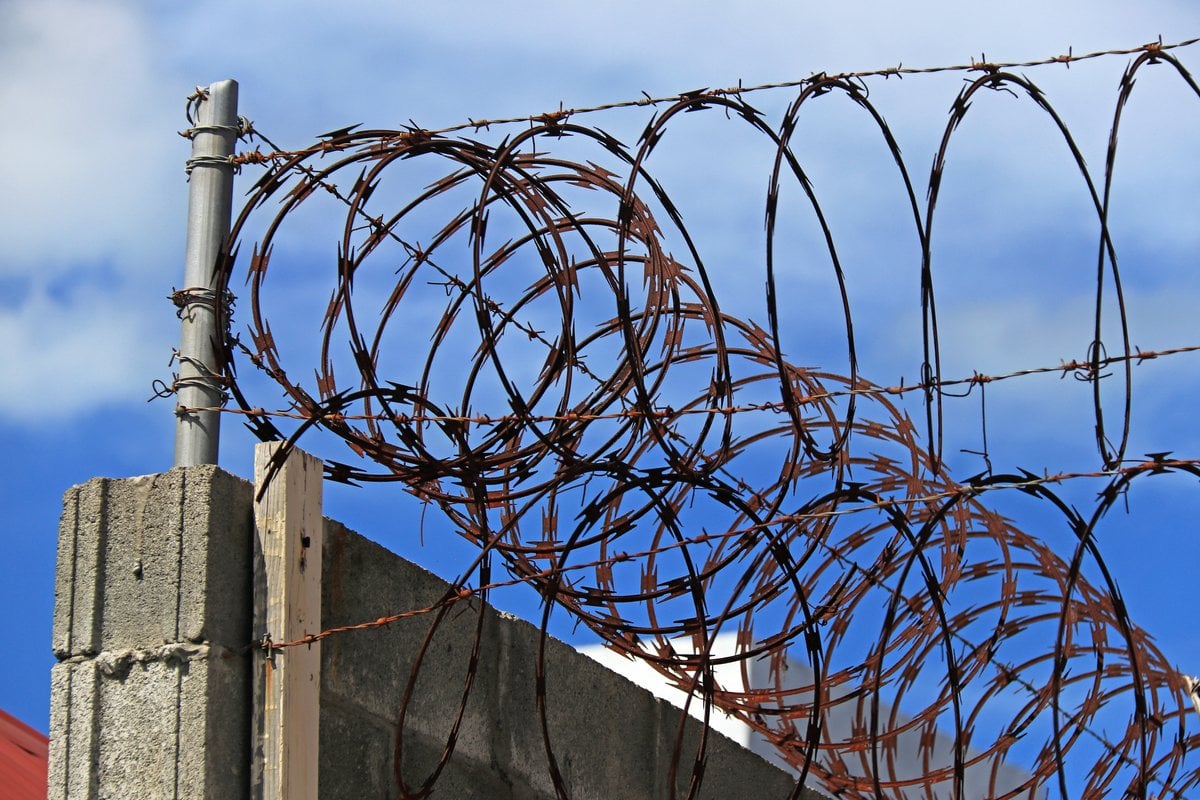
Three First Nations people have died in custody across Australia in the past week.
On Thursday morning, authorities in Victoria confirmed the death of an Aboriginal prisoner, who died at Ravenhall Correctional Centre on March 7. His passing has been reported to the coroner who will formally determine the cause of death.
"We recognise that all deaths in custody have impacts on family members, friends, corrections staff and the Aboriginal community, and we’re working to ensure they are provided with the support they need," Corrections Victoria said in a statement.
It comes two days after it was revealed two Indigenous Australians died in custody in NSW in the past week.
The deaths were not made public by the NSW Government, and were only revealed by Greens MP David Shoebridge during a parliamentary hearing on Tuesday.
On March 2, an Indigenous man in his mid-30s died at Long Bay Hospital, which treats NSW prisoners. Authorities say his death was "natural" and that he had "multiple" medical issues.
He was found unresponsive in his cell about 12.55pm before he was pronounced dead at 1.32pm, according to Corrective Services NSW.
Three days later, on March 5, a 44-year-old Indigenous woman was found unresponsive in her cell at 12:45pm at Silverwater Women's Prison. She was pronounced dead at 1:32pm.
It's believed the woman, who had been serving an eight-month sentence, took her own life.

Top Comments